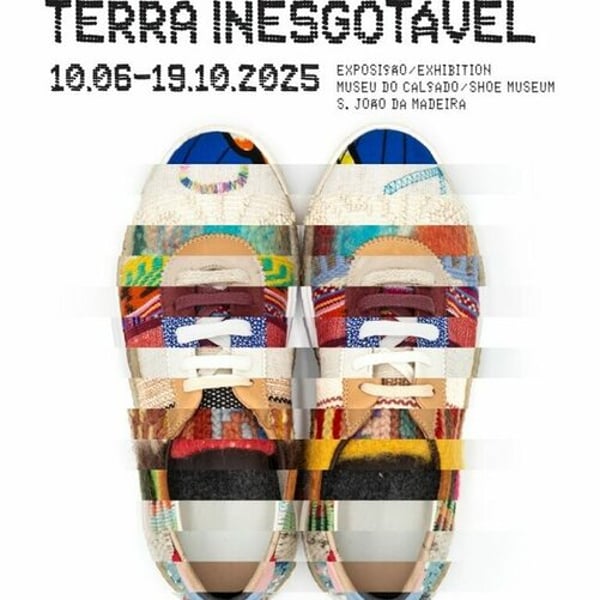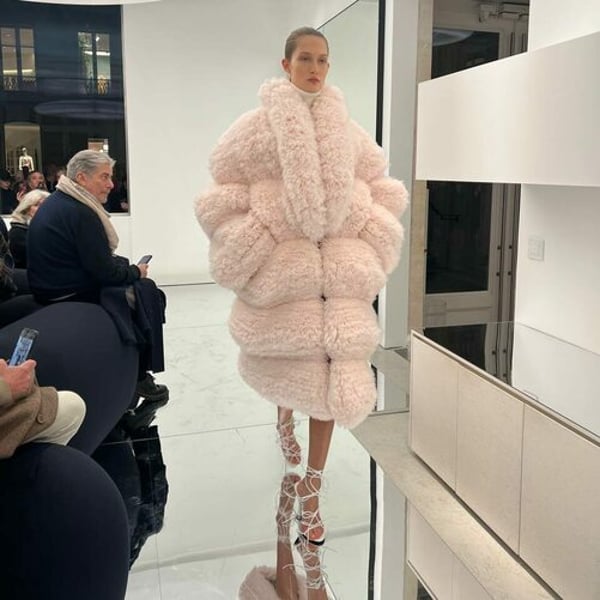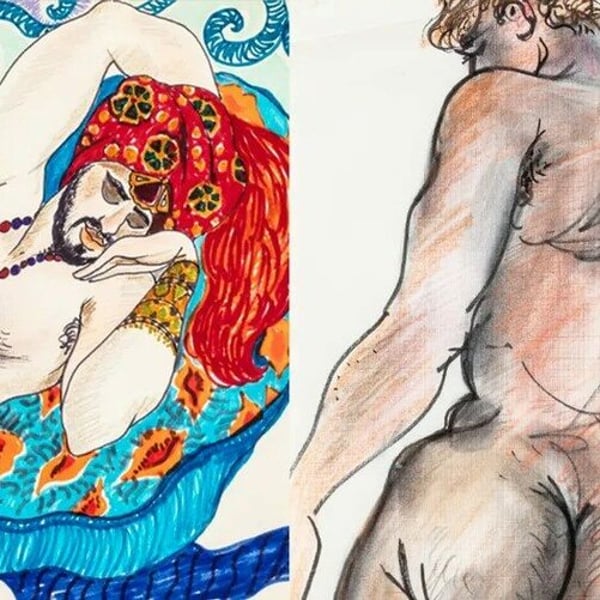By
Bloomberg
Published
May 24, 2024
Retail sales in the United Kingdom fell at the fastest rate this year as consumers delayed spending due to wet weather and uncertain economic conditions underlying the hurdles facing the Conservative government in its re-election bid.
The volume of goods sold in stores and online plunged 2.3% in April after a downwardly revised 0.2% fall the previous month, the Office for National Statistics said on Friday. This was much steeper than the 0.5% drop economists were expecting. It was also the worst reading since December, when the UK economy fell into recession.
Prime Minister Rishi Sunak's government is betting that an improving economy will help close a 20-point gap with the Labor opposition in the general election due on July 4. Official data from retailers underlined a continuing decline in the cost of living, with shoppers paying more to buy a smaller basket of goods after the worst inflation in four decades.
Sales of clothing, sports equipment, games and furniture performed poorly as bad weather reduced traffic in stores, the ONS said. Sales fell 2.7% year-on-year in April, worse than the previous month's 0.4% increase.
The British Retail Consortium warned earlier this month that April was a gloomy month after bad weather deterred consumers from buying summer clothing or garden furniture.
The Met Office said the month continued with “unsettling, wet and dull” weather and brought heavy rain to Scotland, Wales and parts of the west of England. Strong gales accompanied Storm Kathleen earlier in the month.
Consumer confidence improved for the second month in a row, thanks to a more optimistic economic outlook and a boost to household budgets, as inflation hit its lowest level in almost three years.
Market research firm GfK Ltd. said its sentiment tracker rose two percentage points to -17 in May. That's stronger than the -18 expected by economists surveyed by Bloomberg and well above levels from the previous year, when the cost of living crisis was still hitting hard.
“With the latest drop in headline inflation and the prospect of interest rate cuts, the trend is certainly positive after a long period of stagnation,” said Joe Staton, head of client strategy at GfK. “Consumers clearly feel that conditions are improving. “This good result anticipates further growth in confidence in the coming months.”
GfK indicators on personal financial outlook, savings and general economic prospects recorded gains. However, an index that tracks households' willingness to spend money on big-ticket items dropped one point to -26, “reinforcing the fact that the cost of living crisis remains an everyday reality for all of us.” Staton said.












